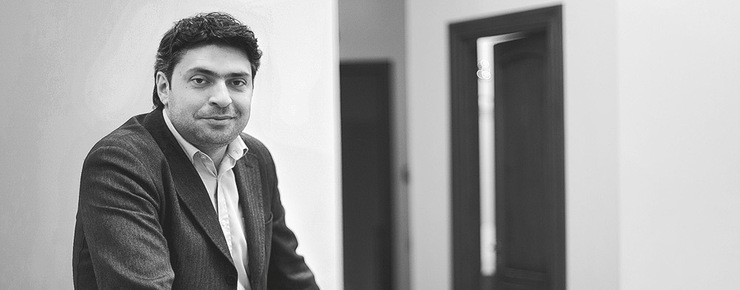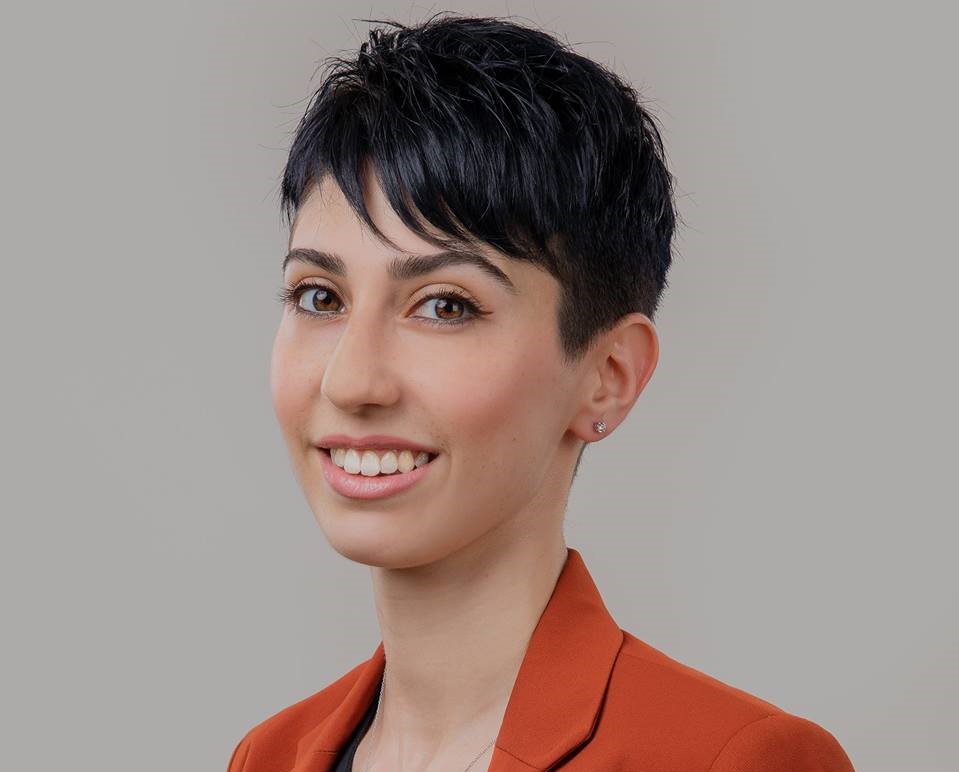Just over a week to go until Yerevantsis head to the polls to elect their second municipal council in as many years. But this year is poised to be different. As the country prepares for the first significant round of voting since the Velvet Revolution, all eyes are on the Central Election Committee, which has promised a clean and fair election. Aside from parliamentary deliberations over criminalizing vote buying and imposing stricter penalties on electoral irregularities, this election will feature an unprecedented level of involvement by the country’s repatriate community.
So far, it looks like it’s anybody’s game. The former mayor Taron Margaryan resigned in July following a corruption scandal, and the Republican Party chose not to field any candidates. While analysts are predicting an easy victory for Nikol Pashinyan’s ‘My Step’ coalition, eleven other political factions are contesting the ballot.
Repatriated Armenians, that is, members of the world’s various Armenian Diaspora communities who chose to relocate to their homeland, have been playing an increasingly high-profile role in Armenia’s social and political life. Traditionally relegated to various charity and relief efforts, newer waves of repatriates have focused their engagement on the burgeoning civic activism scene, as well as grassroots political organization.
The repatriates’ first contribution to the Armenian democratic experiment formed at the cusp of a previous Yerevan municipal election. Back in 2013, a group of repatriated Armenians organized the Yerevan Observation Machine—a volunteer-based electoral monitoring mission which trained and fielded 250 observers into some of Yerevan’s most notorious districts. These committed repatriates distinguished themselves by logging and categorizing record numbers of voter irregularities that day.
Just a few months prior, another diasporan Armenian observer, Narine Esmaeili, managed to have the results from the precinct under her supervision thrown out. This happened after she described instances of ballot stuffing and personal threats against her in a harrowing video testimony.
The Velvet Revolution has also marked a new stage of direct political involvement by repatriates. Throughout the month of April, Bourj Hammoud (Lebanon), Isfahan (Iran), Nor Kyugh (Syria) and Glendale (California) accents could be discerned on the barricades spread throughout the city. People holding Canadian, Egyptian, Argentine and Uruguayan citizenships cheered along with their local compatriots on Republic Square when Pashinyan was declared Prime Minister in May.
The PM acknowledged the contribution made by these repatriates, who were veterans of his street protests, political campaigns, and peaceful revolutions. Those leaders are now heads of government agencies, chiefs of staff, and even deputy ministers in Pashinyan’s administration.
With the Yerevan municipal election coming up, many repatriates who had hitherto been relegated to the sidelines will be voting for the first time. Others still, will be running for office.

Among the candidates for the ‘Luys’ faction is a repatriate from Moscow—Vartan Marashlyan. A one-time Deputy Diaspora Minister, Marashlyan is the director of Repat Armenia, an NGO which aims to encourage the repatriation of all Diaspora-Armenians to their homelands. He says his candidacy represents the collective knowledge, political savvy and civic consciousness that repatriates can contribute to Yerevan’s development, which aside from serving as a capital of the Republic of Armenia, acts as a beacon for all Armenians.
The British-born candidate for the ‘My Step’ faction, Gayaneh Melkomian, has lived almost her entire life in Yerevan. As a long-time civic activist, she encapsulates a new generation of global Armenians and their descendants, who live in this city by choice and want to contribute to its development. As a long-time civic activist, she has repeatedly raised questions about the lack of transparency in the municipal decision-making process, corruption in contract allocations, public transportation shortcomings and more. She first came to prominence after sparking the successful campaign to save Mashtots Park when she called media attention to the fact that construction work had started.

The Velvet Revolution gave her an opportunity to, in her words, “make a difference on the inside, by directly participating in the policy drafting process,” something which was difficult to achieve on the streets. She said she to chose to run on the ‘My Step’ ticket because she places great trust in the professionalism and esprit-de-corps which her team conveys.
Similarly, Marashlyan argues that repatriates are instrumental to Yerevan’s civic improvement beyond City Hall. The municipal government, he continues, doesn’t have the necessary resources to allocate to all the city’s problems. He said denizens must also take on some of the responsibility. Communities could self-organize to remain clean and safe while maintaining a desirable standard of living for residents. Repats are well accustomed to this sort of thing and could easily take the lead.
Melkomian reflects this view as well. Since she lived abroad in Montreal during grad school, she sees the great potential of the Diaspora’s cumulative knowledge to Yerevan’s development. Melkomian believes experienced repatriates can have a tremendous impact on the application of smart city or garden city concepts in the capital city. Skilled experts in public transit management sourced from abroad could also help to implement efficient transportation strategies which Yerevan sorely lacks.
Curiously enough, both candidates frame most of Yerevan’s significant challenges as public health issues. Marashlyan, who has participated in many volunteer trash collection campaigns, likened the experience to an archaeological dig. After uncovering so many decomposing atrocities on the streets of Yerevan, he commented, “Once you’ve picked up trash in Yerevan, you never want to throw anything out again!”
Melkomian, for her part, believes access to reliable services, public green spaces, safe streets, and efficient transportation are necessary for a healthy and productive population. The solution, she argues, lies in a transparent, open and participatory political culture. Marashlyan, who has stated that good governance alone could boost the municipal budget by at least 20-percent in squandered funds, agrees. Accountability, for him, is another way in which repats can take charge by building a rapport of mutual trust and cooperation with municipal authorities.
References to public transport reform, housing, green space preservation, and traffic management appear on virtually every single party platform in the run-up to the September 23rd election. Though these candidates are correctly identifying Yerevan’s apparent problems, that doesn’t mean they have the right vision or even skill sets to tackle them. Any municipality which learns to harness the professional skills and experience that repatriates have to offer would find themselves in a better position to turn Yerevan into a regional hub. For that is the power of cooperation between Armenia and her Diaspora.
Author information
The post How Repatriates Will Influence Yerevan’s Next Municipal Government appeared first on The Armenian Weekly.
Source: Armenian Weekly
Link: How Repatriates Will Influence Yerevan’s Next Municipal Government
